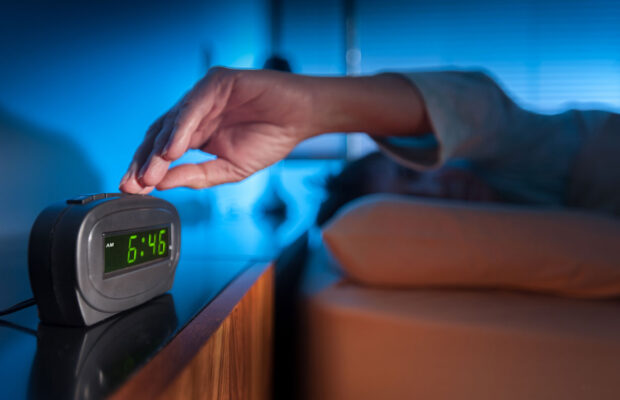For the health of teens, schools should start later

Most people experience sleeplessness or insufficient sleep once in a while, but what about young students? Turns out that most adolescents in America experience chronic sleep issues, affecting academic success and mental health. According to the American Academy of Pediatrics insufficient sleep in teens can be associated with puberty, life style choices and academic demands. It can also lead to obesity, depression and general health issues.
The American Academy of Pediatrics recommends that if school start times were shifted, 8:30 a.m or after, middle schoolers and high schoolers may avoid the health issues and pitfalls associated with insufficient sleep. In a study by Washington University, researchers found that two schools in Seattle that participated in their study about students, and later school start times resulted in higher grades, increased attendance and better overall well being. The research showed a positive effect for the student test group, and the study resulted in Seattle changing all start times of secondary schools from 7:50 to 8:45 a.m.
In Cedar Falls, the high school starts at 7:50 and many extracurricular activities start earlier than that. Some CFHS students were inspired by the idea of a later start time. Sophomore Kit Wilkinson said he has sleeping problems in general. “If school was to start later, I would have more time to collect myself and get ready for a successful day at school.”
Student Daniela Palomares finds that seasonal changes affect her sleep. “I can’t sleep when it’s cold. I could use the extra sleep.”
Regarding the later start time potential, Principal Jason Wedgbury said, “In the last 10 years, we have studied and considered making this change. However, the implications of making this change are pretty significant. We have many students who work and need work for money. Starting later would reduce many of the work opportunities our students would be provided. We have about 80 percent of our students involved in activities, and the number of class periods students would miss would significantly increase since the conference will not push back start times.”
Cedar Falls High School health teacher Jay Teply has two simple recommendations, if late start time is not possible, he said, “I think reducing the exposure to blue light and being more physically active would increase the quality of sleep students get.”
So ideally, students should turn off their computers a few hours if possible before bed, and somehow work in physical activity every day to help get a good night’s rest.
Although the idea of later start times could be beneficial for students and teachers, there are many impacts to address, including parents’ work times, student work times and bus schedules.
A new start time would not work for everyone, yet conclusively the current start times do not match up with the circadian rhythm of adolescents, and this impacts the health and academic success of secondary students.
I hope soon the American school system will take this all into deep consideration, figure out a solution and implement a later start time, giving a student a few more clicks on the snooze button before the first bell rings.









You must be logged in to post a comment Login